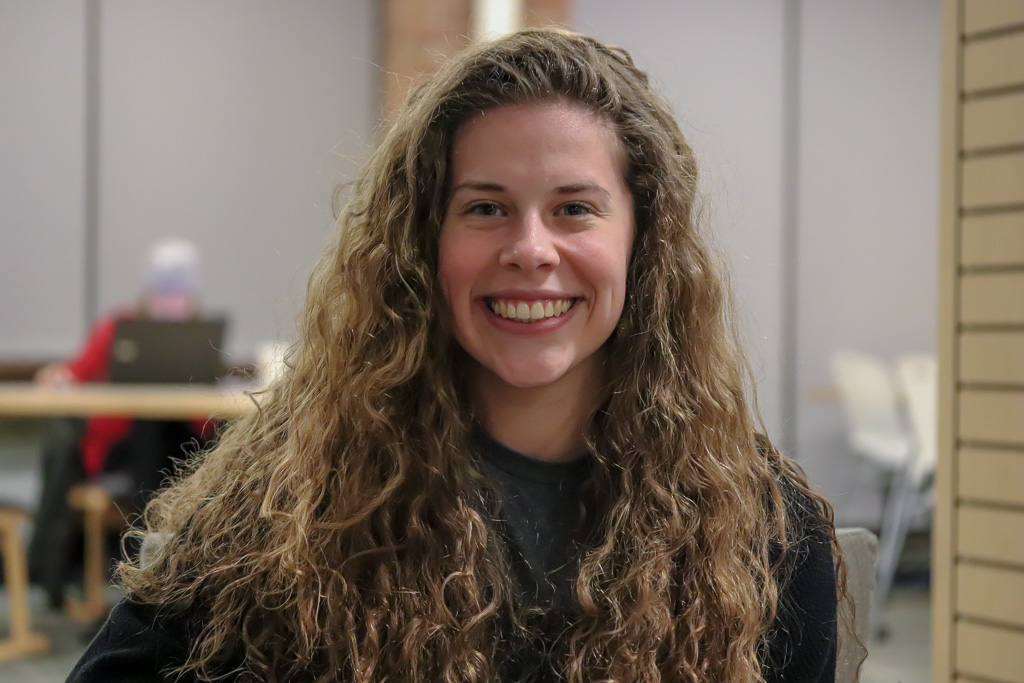Twelve students will be attending the National Conference on Undergraduate Research (NCUR) on April 4 at the University of Central Oklahoma.
The topics of research vary widely from literature to microbiology and immunology and cover pretty much everything in between. The students will present their research either orally or with a poster.
MacKenzie McKnight is participating with her research on delaying Parkinson’s disease by using exercise. She says that her reason for choosing this certain topic was due to a previous opportunity. She volunteered in a class using exercise for people with Parkinson’s called “Delay the Disease.”
When asked why she thinks that academic conferences like the NCUR are so important, McKnight said, “I believe that [academic conferences] are great to attend because they act as a reward, as I have the chance to present the work that I am proud of.”
Keaka Farleigh studied Lyme disease and how mice spread it with their migration and dispersal patterns. She did her research at Capital-owned Primmer Outdoor Learning Center in Logan, Ohio.
She decided on this topic because it “stems from a conservation biology course taught by professor Christine Anderson … [she] helped me refine my interests and drive my enthusiasm into a project that fit.”
Farleigh also said that it is important to go to these conferences because it can help to create solutions to possible problems in both the present and the future.
Andrew Thompson chose to work on Christian theology, specifically the traditional and process branches, and how they can come together. Thompson has been interested in religious studies and systems since high school, and he wants to “help inform ways to authentically and respectfully interact with individuals from all different backgrounds and traditions.”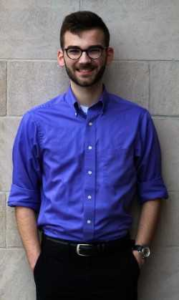
Thompson said that the conferences are crucial because they build connections and develop conversations.
“The world continues to need holistic solutions for the complex situations we find ourselves in … academic conferences are a fantastic opportunity to jump in, practice, and contribute to such important dialogue,” Thompson said.
Kaleigh May did two capstones, an honors and a communications one. One of her research projects was studying which personality color would relate best with different leadership styles. Her other project dealt with lying versus non-lying games, such as poker, and seeing if lying actually increased the players’ creativity.
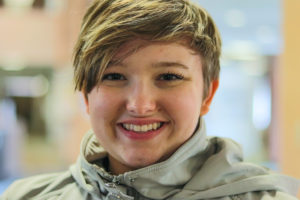
May went in this direction because she wants to go into something along the lines of this research in graduate school. She learned about both ideas from her various classes and was so interested in them that she decided she wanted to dig even deeper.
“I really wanted to lead to a game day, like a program that I can maybe develop,” she said in regards to where she wants the research to go.
When she does go to grad school, May wants to go further with the research at a higher level because she is very passionate about the topic and wants to learn even more about it.
Rachel Dumke is focusing on how some bacteria that are in our bodies are far more important than previously believed. Her specific research is on gut-brain access, where a person’s brain and stomach actually communicate, and if they could affect a person’s anxiety or depression.
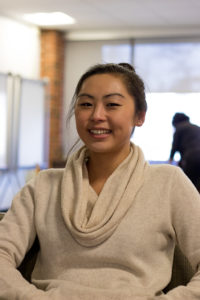
“My first goal was to accomplish this project and just be able to say that I designed this study… and it’s just been a really great learning experience,” Dumke said about her goals with the research.
Alexis Frantum took more of an analytical view with her research when she decided to look at Hal from the novel “Infinite Jest” by David Foster Wallace.
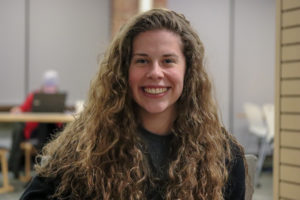
“I analyzed how certain characters in the novel are metonyms or representations for certain themes,” she said about her specific topic. Frantum had read the novel during her freshman year and was so fascinated by it that she decided to use it for the Summer Scholars program.
She really hopes that one day her work will be published in an academic journal. She commented on academic conferences like NCUR, saying, “I think there’s something really special about symposium and the ability for Capital students to share their research with other Capital students.”
She went on to say that going farther than a campus event is even more special because you can be critiqued by all of these people who don’t know you and are solely focused on your work.

